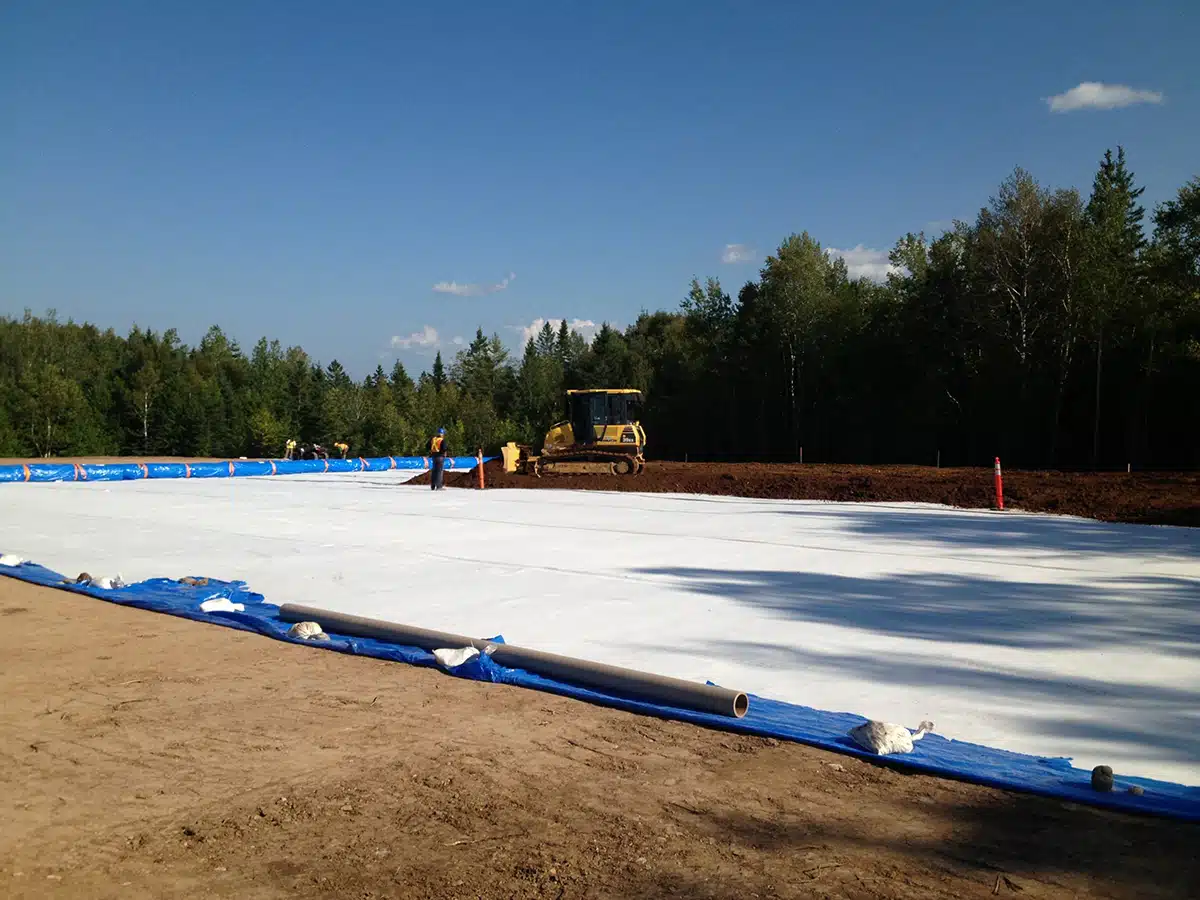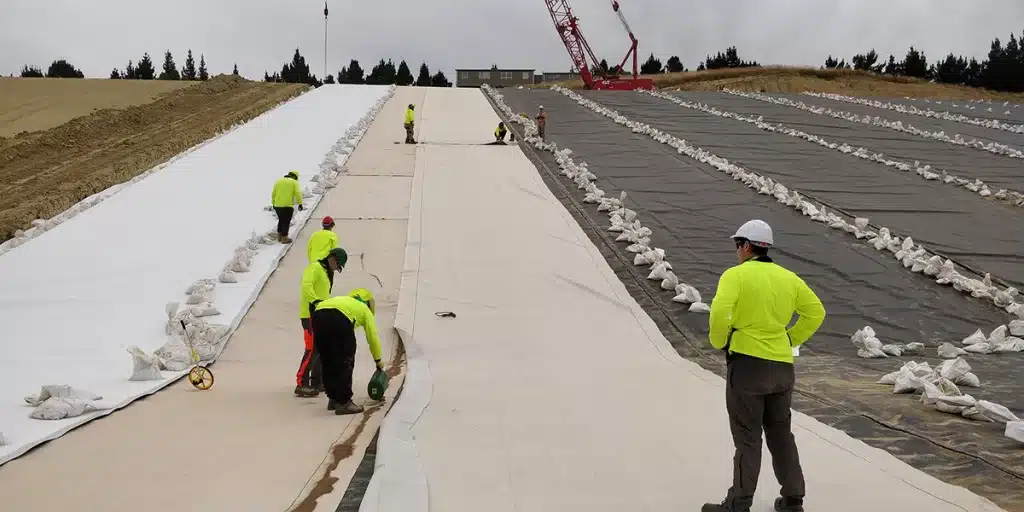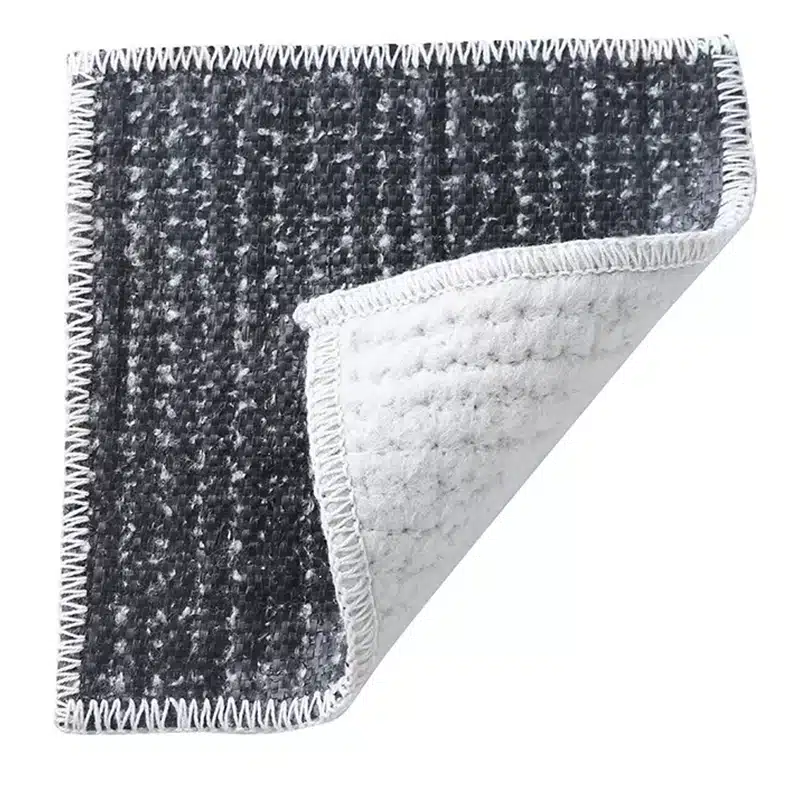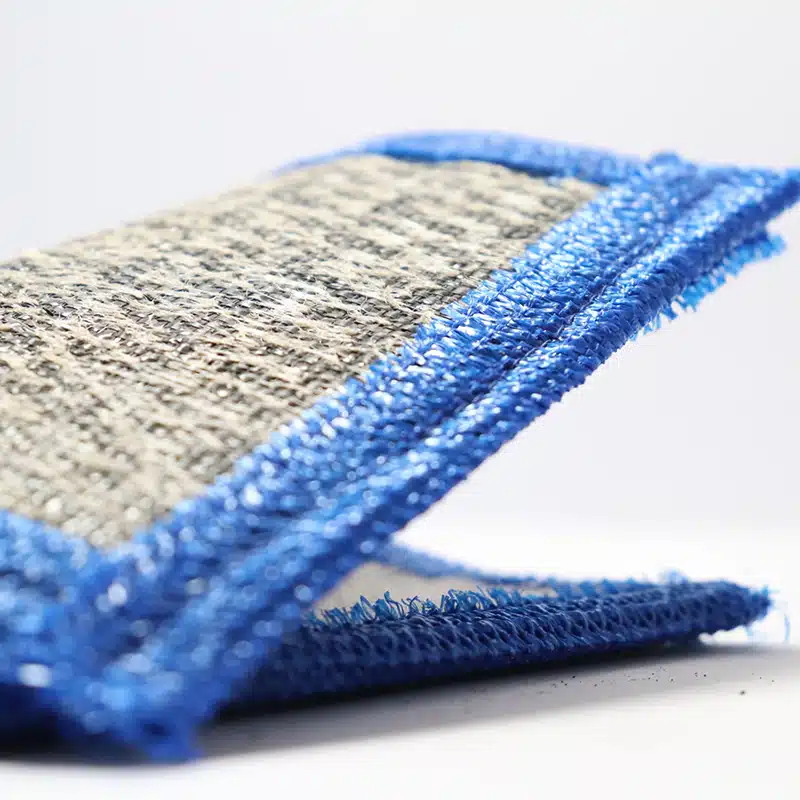The Ultimate Guide to Purchasing Geosynthetics: What You Need to Know
Geosynthetics are a vital component in modern construction and environmental projects, providing solutions for stabilization, reinforcement, filtration, and more. Whether you’re an engineer, contractor, or a DIY enthusiast involved in soil-related projects, knowing where to purchase geosynthetics can ensure the success of your endeavors. This article will delve into the essentials of selecting the right geosynthetics and where to find them.
What are Geosynthetics and Why Are They Important?
Geosynthetics are synthetic products used to solve civil engineering problems. They include geotextiles, geomembranes, geogrids, geofoams, geonets, and geocomposites. These materials are essential in various applications, such as road construction, erosion control, and landfill management. They provide durability, cost-effectiveness, and environmental benefits such as reducing the use of natural aggregates and promoting sustainability in construction projects.

What Factors Should Be Considered When Purchasing Geosynthetics?
When purchasing geosynthetics, consider the specific requirements of your project. Key factors include the type of soil, the mechanical and hydraulic properties needed, and the expected load and environmental conditions. Additionally, the quality of the material is paramount, so choosing products that meet industry standards and have certification from recognized bodies ensures reliability and effectiveness.

Where Can You Purchase Geosynthetics?
Geosynthetics can be purchased from specialized suppliers and manufacturers. Many companies provide detailed product catalogs and are equipped to offer expert advice on the best solutions for specific projects. Additionally, some local construction and building supply stores might stock a basic range of geosynthetics. Online platforms also offer a wide variety of products, often with customer reviews, which can help in making an informed decision.
How to Assess the Quality and Reliability of Geosynthetic Products?
To assess the quality and reliability of geosynthetic products, check for compliance with international standards such as ISO or ASTM. Reputable manufacturers will provide detailed product specifications and test results. It is also advisable to look for suppliers who offer product warranties and good customer service. Consulting with industry experts or joining professional forums can also provide insights into the best products and suppliers in the market.
Purchasing geosynthetics requires a careful evaluation of your project’s needs and a thorough vetting of potential suppliers. By understanding the applications and benefits of geosynthetics, considering the critical factors for selection, and knowing where to find quality materials, you can ensure that your projects are built to last. Always strive to choose the best product available and consult with experts to make the most informed purchasing decisions.



Comments
Post a Comment